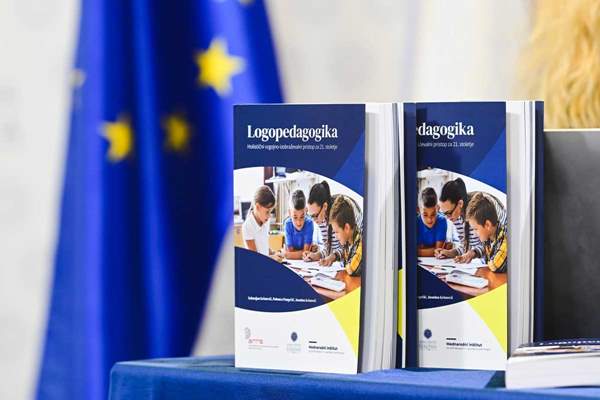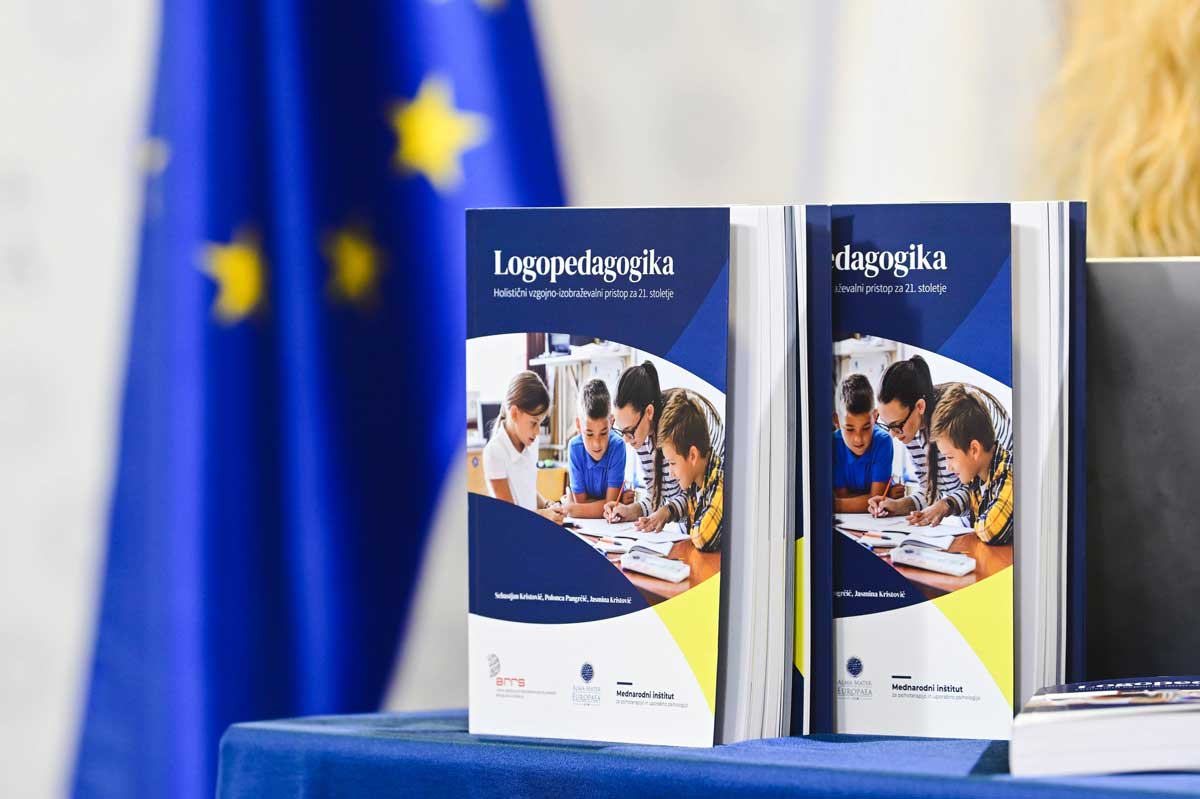
A comprehensive renovation of the educational system in Slovenia is necessary

Alma Mater Europaea – ECM hosted a panel discussion with a round table on the pressing issues about the education system in Slovenia and the establishment of a holistic approach in education, related to the quality of life and mental health. Over 1,000 participants participated in the event, indicating that the issue in the field of education is highly actual and urgent.
Prof. dr. Sebastjan Kristovič, head of the project Holistic educational process and strengthening of mental health, specifically emphasized that the goal of the educational process, which should be consistent with the development of a fully functioning, self-aware, autonomous, and satisfied person, has largely been lost. "In Slovenia, we have been observing how dangerously our educational structure falters for a long time. The cracks before the collapse are visible from afar. Action is no longer a matter of goodwill but is at this point urgent. Upbringing, education, and mental health are the pillars of every society, culture, and an individual. These are the pillars on which everything stands or falls. Precisely these pillars are the most unsafe and broken in modern times.« He also added that the educational system in Slovenia requires deep and thorough renovations while considering the integrated or holistic approach which has been enouraged by UNESCO and the European Commission for decades.
The discussion focused on topics such as the issue of school and kindergarten autonomy and the importance of education; screen addiction of children and adolescents; harmful effects of social networks and problems with mental health of children and adolescents; the necessity of a holistic approach in education.
The result of in-depth three-year research within ARRS (Slovenian Research Agency) is the scientific monography Logopedagogy: Holistic educational approach for the 21st century. "The monography covers the strategic direction for a holistic educational approach or the philosophy of raising and educating children in the 21st century. The innovation and added value lie in the fact that it fully takes into account and implements the guidelines of UNESCO and the European Commission, which emphasize a holistic approach. In this way, we saved the Ministry of Education, Science and Sports and the National Education Institute Slovenia a lot of time, energy, and also money," said Dr. Kristovič, who believes that one of the first steps is the introduction of entrance exams for teaching professions, which have been known in many other countries for a long time.
The purpose of the research of the ARRS project Holistic educational process and strengthening of mental health was also to determine the extent to which Slovenian adolescents perceive their lives as meaninful. "The frightening fact is that the most
respondents experience their life as observers who do not have the opportunity to create their own lives. They have become a kind of avatars in real life, acting based on circumstances, triggers and without own responsibility. Living a life based on relationships and contents online leads to an escape from the real life, and at the same time, the real life becomes foreign and problematic, which indicates the presence of apathy, aimlessness, and symptoms of depression," emphasized assist. Jasmina Kristovič, member of the research group, psychotherapist, with a master's degree in marriage and family studies.
Gregor Pečan, the President of the Association of principals and assistant principals Slovenia, pointed out the problems faced by pedagogues at work: " We face systemic problems in schools due to the lack of teaching staff. What bothers us the most is legal re-normation and the excessive entry of various legal acts into the school system. In the past, the school was considered as benefitial, yet today it has become an obligation and a kind of necessity."
Assist. Prof. Dr. Polonca Pangrčič, specialised in didactics of gifted students, pointed out: "The most important element of logopedagogy is that pedagogues do not place themselves above the child in the educational process and thus do not neglect any dimension. We have to perceive, treat and accept the child holistically while realizing that we do not lose anything by doing so, but rather gaining, because this is how we build ourselves - as teachers, educators, professional workers."
"If we do not know how to bring the importance and beauty of new knowledge to children, all learning is pointless. Meaningless doings cause feelings of unhappiness. Happiness and satisfaction should occupy an important place in education," added dr. Sebastjan Kristovič and concluded, "if the renovation is not comprehensive and does not include a holistic approach, as encouraged and advised by UNESCO and the European Commission, we will once again fall into the trap of reductionism, determinism, and partial solutions."






